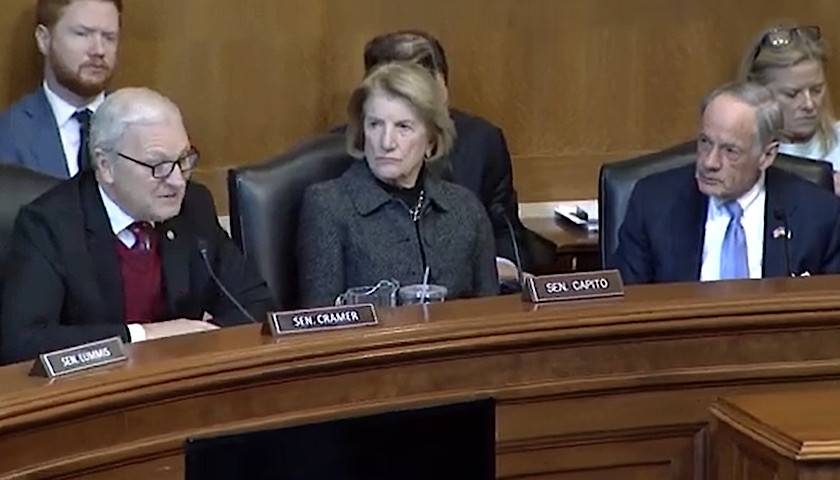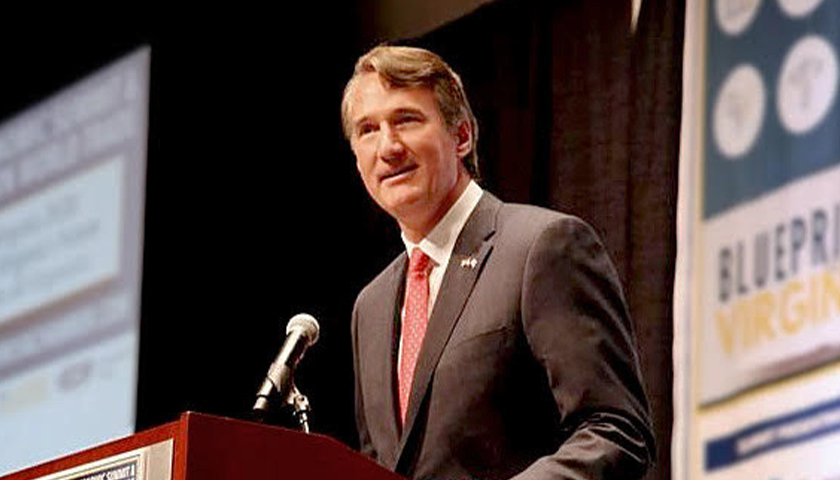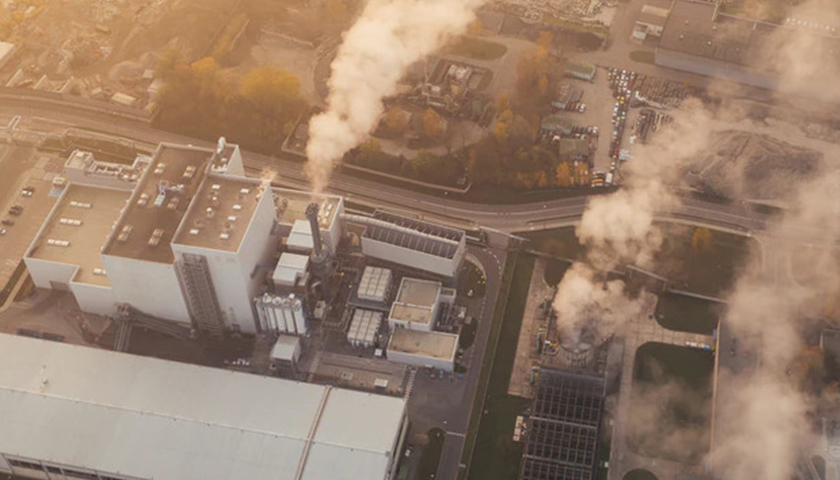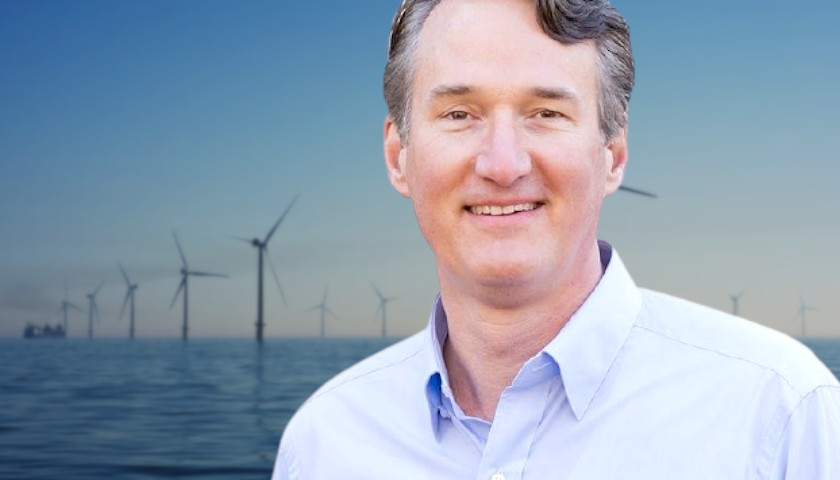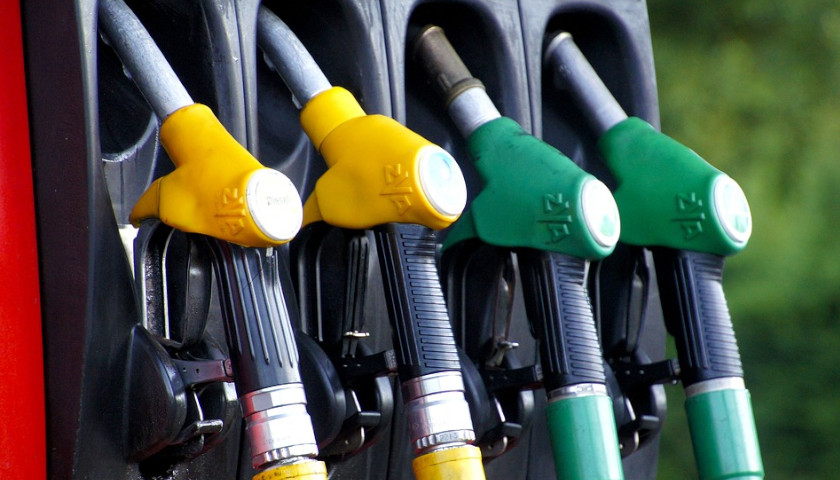by Michael McKenna Last Thursday, the Senate Committee on Environment and Public Works reported legislation (the Prove It Act) that sets the stage and lays the foundation to impose a carbon dioxide tax on American families, workers, and consumers. This new energy tax was voted out of committee 14-5, with four Republicans…
Read MoreTag: Carbon Tax
Governor Youngkin Says New Report Shows That Regional Greenhouse Gas Initiative Is Carbon Tax Passed on to Consumers
Governor Glenn Youngkin is trying to withdraw Virginia from participation in the Regional Greenhouse Gas Initiative (RGGI,) and the Virginia Department of Environmental Quality (DEQ) published a Youngkin-ordered report on the program, which requires utilities to bid on carbon dioxide allowances.
“Costs are soaring for Virginia families and as governor, I pledged to address over taxation and Virginia’s high cost of living. That’s why I signed Executive Order Nine to direct DEQ to examine the impact of RGGI and start the process of ending Virginia’s participation. This report reveals that RGGI is in reality a carbon tax passed on to families, individuals and businesses throughout the Commonwealth – it’s a bad deal for Virginians,” Youngkin said in a press release Tuesday.
Read MoreCommentary: Carbon Offsets – Not Taxes or Emissions Caps – Are the Best Path to Carbon Neutrality
Carbon taxes, emissions caps, subsidies – these all seek to reduce atmospheric emissions of greenhouse gases, yet regularly meet criticism and opposition. Is there a more efficient solution to achieving climate balance? Not only is the answer yes, but the potential benefits could far outperform what other strategies hope to achieve.
Most solutions seek to reduce emissions –abruptly or over time– or attain carbon neutrality by utilizing renewable power sources, but increasingly we hear that carbon neutrality is not enough. We must find new technology and techniques to reduce greenhouse gases already in the atmosphere, which will require meaningful investments in research and development. One solution is voluntary carbon offsets.
Carbon offsets are certificates for purchase intended to counteract operational emissions or capture legacy emissions from the past. This is done by paying for a given quantity of CO2 to be neutralized through investment in offsetting projects or technology. Whether the certificates are directed towards conservation efforts, renewable energy, or carbon capture or removal, purchasing carbon offsets provides one party investor satisfaction and the other party an infusion of funding intended to finance a carbon-reduction strategy. When purchasing high quality offsets, these serve as a down payment and incubator toward the best climate solutions available in the laboratory or in the field.
Read MoreYoungkin Will Pull Virginia Out of Regional Greenhouse Gas Initiative, Says He Supports All-of-the-Above Energy Policy
Governor-elect Glenn Youngkin announced that he will use an executive order to pull Virginia from the Regional Greenhouse Gas Initiative (RGGI), an 11-state cap-and-trade initiative aimed at reducing utility carbon dioxide emissions by requiring utilities to bid for carbon dioxide allowances in state auctions. Youngkin’s commitment is one of his first specific energy and environmental policy statements, but he couched it as part of his broader plan to lower Virginians’ cost of living.
“RGGI will cost ratepayers over the next four years an estimated $1 billion to $1.2 billion dollars,” Youngkin said Wednesday to the Hampton Roads Chamber of Commerce.. “RGGI describes itself as a regional market for carbon, but it is really a carbon tax that is fully passed on to ratepayers. It’s a bad deal for Virginians. It’s a bad deal for Virginia businesses, and as Governor, I will withdraw us from RGGI by Executive Action. I promised to lower the cost of living in Virginia and this is just the beginning.”
Read MoreVirginia Opts Not to Join Climate Initiative, for Now
Virginia was not in the first slate of states to join the Transportation and Climate Initiative, which proponents argue will help fight climate change and opponents assert will increase costs for households.
Under the multistate agreement, a state would agree to establish a cap on diesel and gasoline sales and require wholesales to purchase carbon allowances to go over that limit, which effectively creates a carbon tax. The initiative has received support from many Democrats and opposition from Republicans.
Read More
